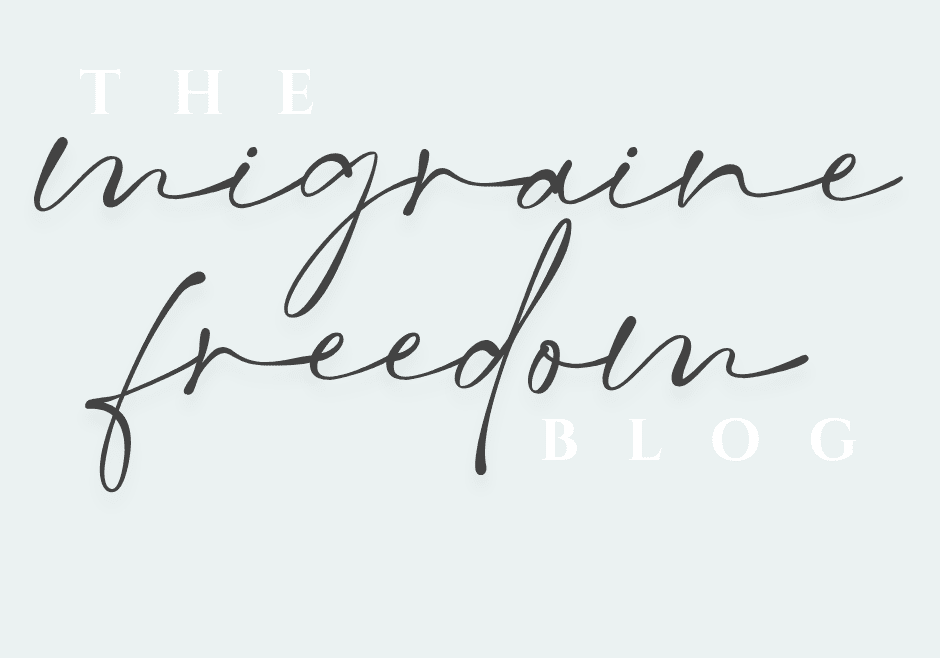

ABOUT THE AUTHOR
Debbie Waidl is the Owner of In The Balance Health Coaching LLC, and Founder of The Freedom From Migraines Method™ & The Migraine Freedom Protocol™
She supports busy moms living with Migraines.
Debbie will uncover what is holding them back from migraine freedom so they can live their life pain and symptom free, work productively, spend the time they want with family and friends, and stop missing out on the things they enjoy.
A message from Debbie:
"I was once right where you are now. 100% believing there was NO WAY to end migraines and my only option was to learn how to live with them or find that magic pill that maybe would work for a while. If anyone told me back then that I could end my pain once and for all, I would have called BS and popped another pill!
Skeptical times 10 was my middle name for sure because when you try it all and everyone tells you they can help you and they don’t. You stop believing… you lose HOPE!
I now realize I was approaching my migraines all backward.
I was trying to cover up symptoms versus trying to end my pain."
share this post
“I Had Ibuprofen in Every Purse, Cupboard, and Car-Here’s Why I Stopped”
By Debbie Waidl |
The Real Reason You Can’t Stick to Anything (It’s Not What You Think)
By Debbie Waidl |
“If I Can Only Do One Thing…?” The Truth About Where to Start with Migraine Relief
By Debbie Waidl |
Her Breaking Point Became Her Breakthrough: Lori’s Migraine Story
By Debbie Waidl |
Your 2026 Migraine Reset: 3 Things to Finally Let Go Of
By Debbie Waidl |
One Christmas Message Every Migraine Sufferer Deserves to Hear
By Debbie Waidl |
The information provided in this blog is designed to provide helpful information on the subjects discussed. This blog is not meant to be used, nor should it be used, to diagnose or treat any medical condition. For diagnosis or treatment of any medical problem, consult your own physician. The publisher and author are not responsible for any specific health or allergy needs that may require medical supervision and are not liable for any damages or negative consequences from any treatment, action, application or preparation to any person reading or following the information in this blog. References are provided for informational purposes only and do not constitute an endorsement of any websites or other sources. Readers should be aware that the websites listed in this blog, including their content, may change at any time without notice.
800+ recipes designed with your migraine freedom goals in mind








